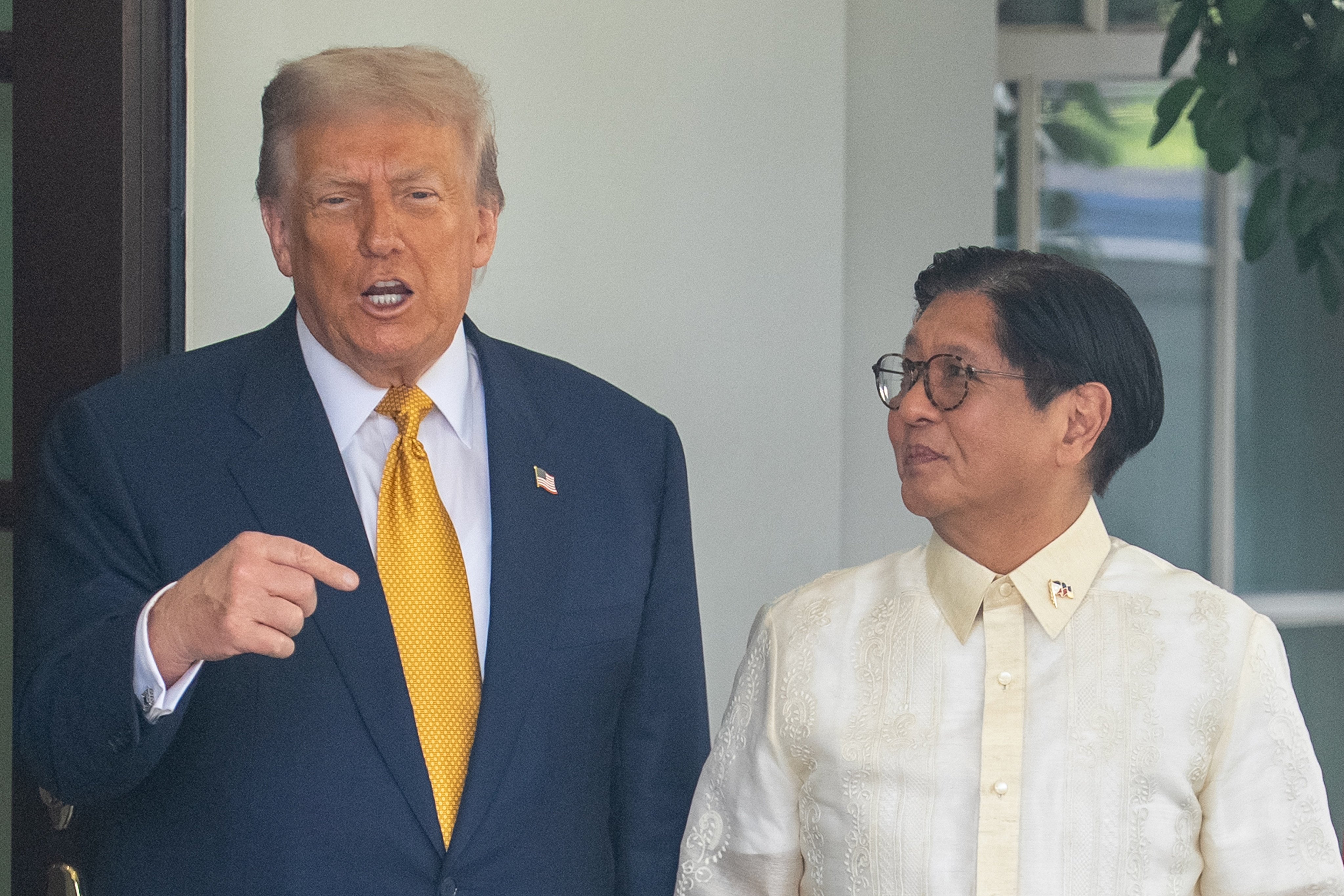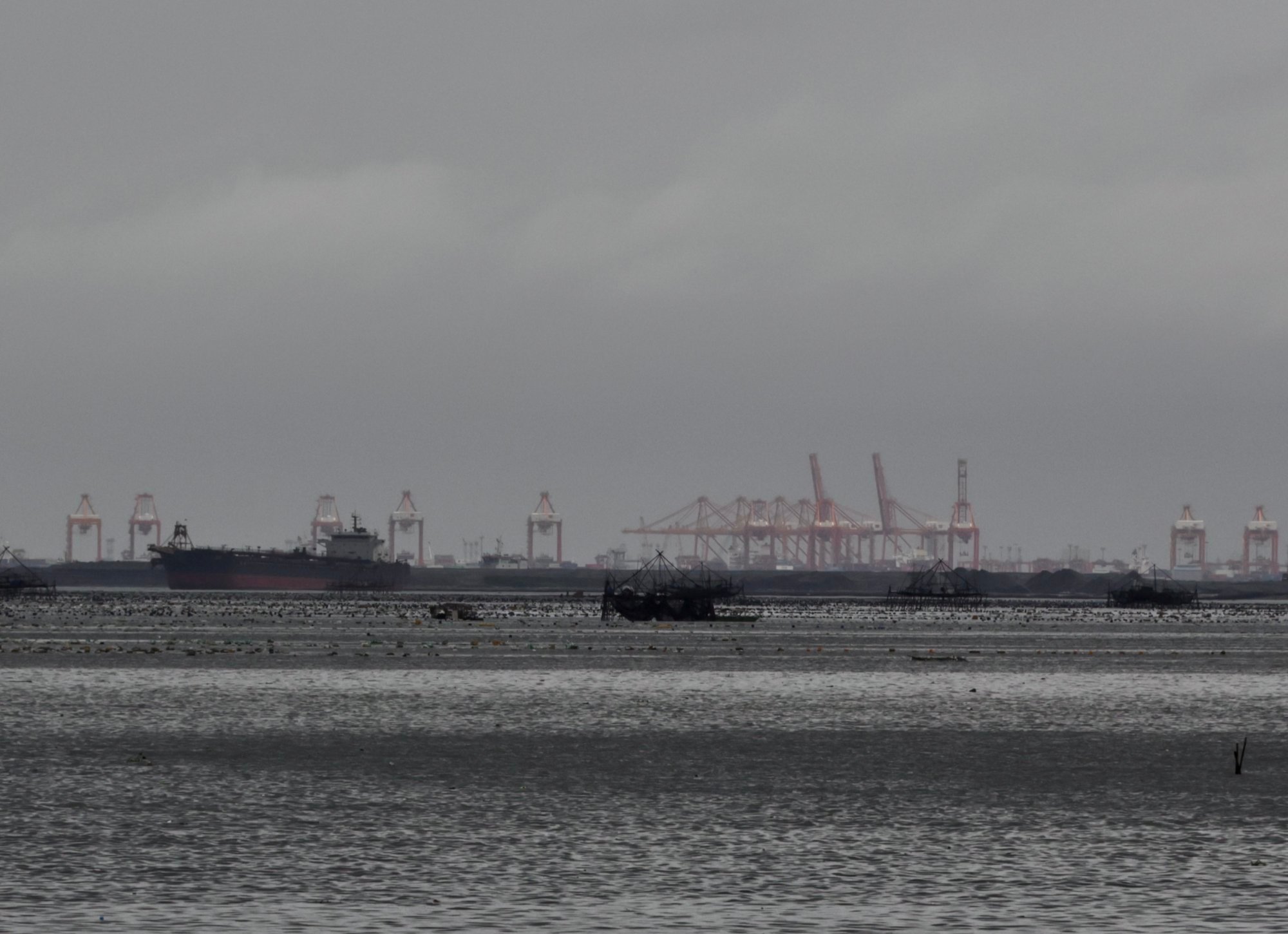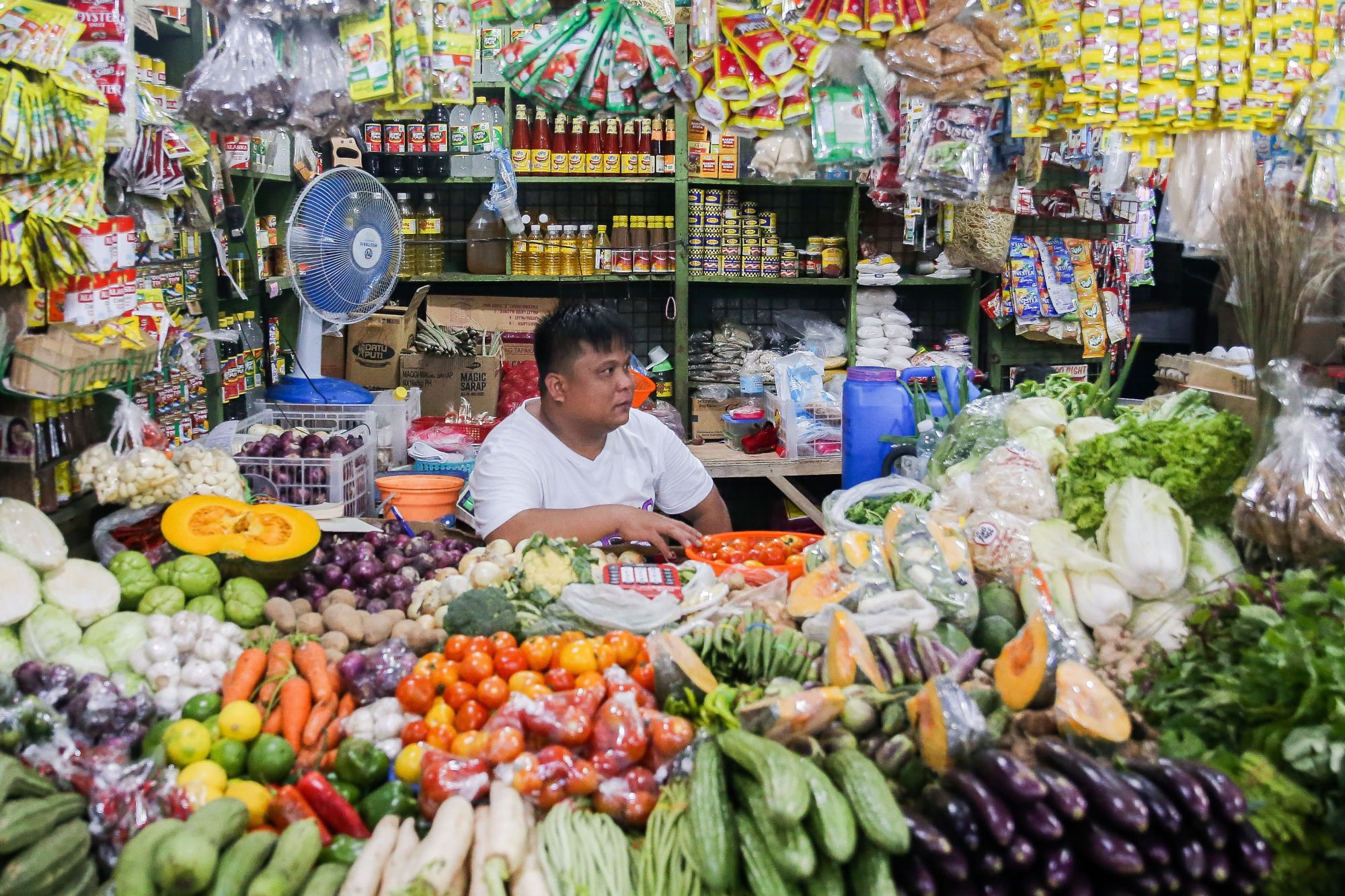Rating the Philippines’ new 19% tariff: ‘significant’ win or ‘worst insult’?
Critics warn the new rate, a modest shift from the previous 20 per cent, undermines fair trade and puts Philippine industries at a competitive disadvantage

A new trade deal hailed by Philippine President Ferdinand Marcos Jnr as a “significant achievement” has been slammed by critics at home as the “worst insult” after Manila secured only a one percentage point tariff cut from Washington while granting American goods duty-free access.
Marcos, the first Southeast Asian leader to be hosted by President Donald Trump since his return to the White House, visited the US capital from Sunday to Tuesday for a series of talks centred on trade and security.
The trip came as Manila sought to defuse tensions over Trump’s sweeping “Liberation Day” tariff policy, which had initially imposed a 17 per cent duty on Philippine exports in April before increasing it to 20 per cent earlier this month.
The outcome – a 19 per cent tariff rate on Philippine goods alongside zero tariffs for US exports – was unveiled by Trump on his Truth Social account after holding a joint press conference at the White House.
Marcos defended the result, insisting the concession was more significant than it appeared.
“Now, one per cent might seem like a very small concession. However, when you put it in real terms, it is a significant achievement,” he said, adding that the 19 per cent figure reflected the “special relationship between the Philippines and the United States”.
As part of the agreement, the Philippines would also scrap tariffs on American automobiles, Marcos said. The deal was expected to result in increased imports of soy, wheat and pharmaceutical products from the US – moves he said could help narrow the current trade deficit, which stood at US$4.9 billion in 2024.
When asked whether the Philippines was “getting the shorter end of the stick”, given that the new rate was still higher than the 17 per cent imposed earlier this year, Marcos replied: “Well, that’s how negotiations go.”
Deal slammed
Imee Marcos, who chairs the Senate foreign relations committee and has become openly estranged from her brother, was scathing in her assessment.
“A mere one per cent reduction in tariff rates for Philippine goods while having zero tariffs for US goods certainly does not look like a win for the Philippines,” she said in a statement.
Unhandled type: inline-plus-widget {“type”:”inline-plus-widget”}
The president’s ally, Senator Panfilo Lacson, who was re-elected under the Marcos slate, issued a statement saying the new tariff rate “is definitely not the most fair deal between decades-old friends or allies like the United States and the Philippines”.
“If I may add, it is the worst insult that a host can throw at his guest. It is time for us to look for other trade partners,” he said, referring to the fact that Marcos was invited for a state visit by Trump and had even stayed at the Blair House for the trade talks.
The top-winning Akbayan Party list group criticised Marcos for signing such a “lopsided” deal.
“To make matters worse, the supposed deal reportedly includes a zero tariff on imported US cars, a move that may be illegal under international trade rules. Such preferential treatment can only be granted through a formal free-trade agreement,” said party president Rafaela David.

Jonathan Ravelas, managing director of eManagement for Business and Marketing Services, told This Week in Asia that he had expected a “lower tariff rate of 17 per cent” –the rate which Trump had earlier imposed in April.
The financial risk analyst said “the imbalance” between a 19 per cent tariff rate for Philippine exports and a zero per cent rate for US exports “undermines fair trade and places Philippine exporters at a competitive disadvantage. Reciprocity is key to sustainable bilateral trade”.
He warned that a zero tariff rate on US imports could mean the Philippine market being flooded with cheaper American products, thereby threatening domestic industries.
Ravelas cited electronics, garments and agricultural exports as “most vulnerable”. He called on the government to cushion the impact by providing these sectors with “export tax relief, market diversification support and trade adjustment assistance for displaced workers”.
For Ronald Acoba, founder and chief investment strategist at Trading Edge Training & Consultancy, the modest concession is a consuelo de bobo – a Filipino term to denote mock consolation.
Acoba, however, noted that the new rate put the Philippines “on par” with the 19 per cent for Indonesia and 20 per cent for Vietnam.
“Additionally, our 19 per cent levy may be considered ‘better’ than Singapore’s baseline 10 per cent rate since Singapore was consistently running a trade deficit with the US,” Acoba told This Week in Asia.

Praise and pressure
During their joint press conference at the White House, Trump praised Marcos as a “tough negotiator” but also took a swipe at his predecessor Rodrigo Duterte, who had once been described as “Asia’s Trump”.
Trump accused Duterte of “maybe tilting toward poor China” and added: “We untilted it very, very quickly … and I just don’t think that would have been good for you.”
In a statement issued as Marcos wrapped up his trip, the US embassy in Manila said the State Department had approved at least 3 billion pesos (US$60 million) in new foreign assistance to support Philippine energy, maritime and economic development initiatives.
“This is the US government’s first announcement of new foreign assistance for any country since the Trump administration began its review and realignment of foreign assistance in January,” it noted.
The embassy added that Secretary of State Marco Rubio intended to work with Congress to allocate an additional 825 million pesos to “catalyse private sector development” in the Luzon Economic Corridor – a flagship project originally launched under former president Joe Biden and backed by both the US and Japan.
The initiative aims to boost investment in transport, logistics, energy and semiconductors across northern Luzon.